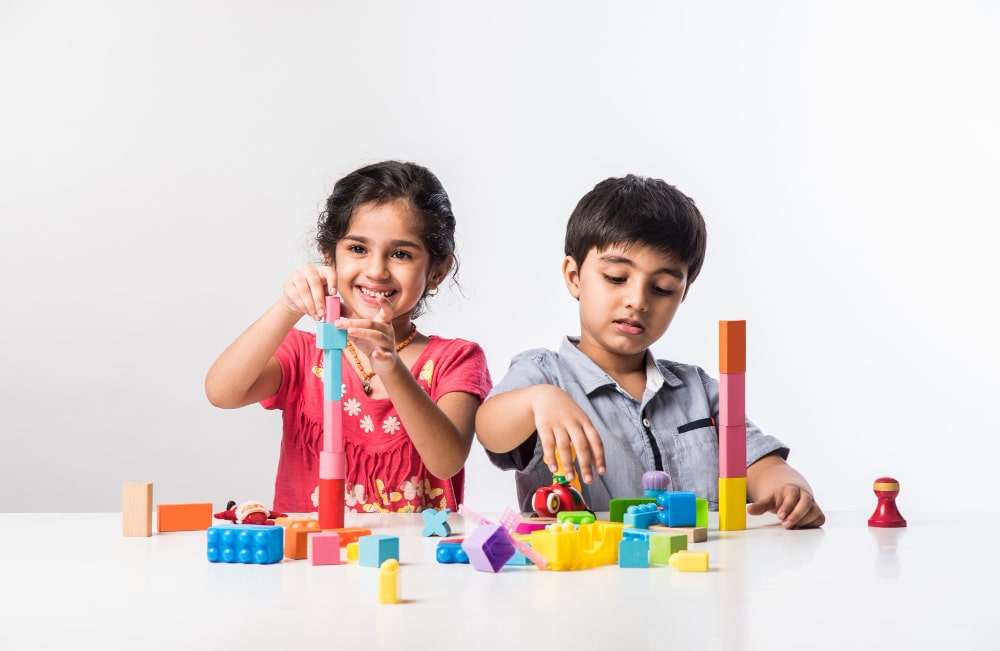In the early years of a child’s life, play holds a significant role in their overall development. It is through play that children explore, discover, and make sense of the world around them. Play is not merely a form of entertainment; it is a vital component of their physical, cognitive, social, and emotional growth. In this article, we delve into the profound importance of play in early childhood development, shedding light on its various dimensions and benefits.
Physical Development
Play is an active engagement that promotes physical development in children. From crawling to running, jumping to climbing, play allows children to develop their gross and fine motor skills. Activities such as riding a tricycle, playing catch, or engaging in outdoor games strengthen their muscles, improve coordination, and enhance their overall physical fitness. It is during play that children also develop spatial awareness, balance, and hand-eye coordination, which are crucial skills for their future endeavours.
Cognitive Development
Play stimulates cognitive development by encouraging children to think, reason, problem-solve, and use their imagination. When children engage in pretend play or construct objects using building blocks, they enhance their creativity, critical thinking, and decision-making abilities. Play provides an avenue for children to explore cause-and-effect relationships, experiment with different concepts, and develop their logical reasoning skills. Through play, children also acquire early literacy and numeracy skills, as they engage in activities that involve storytelling, counting, and categorizing.
Social Development
Social interaction is a fundamental aspect of play, enabling children to develop essential social skills and emotional intelligence. Play allows children to engage with their peers, siblings, and parents, fostering communication, collaboration, and cooperation. Whether it’s engaging in make-believe scenarios or participating in group games, children learn to take turns, share, negotiate, and resolve conflicts. Play also nurtures empathy, as children step into different roles and gain an understanding of other perspectives. These social interactions during play lay the foundation for healthy relationships and effective communication later in life.
Emotional Development
Play provides a safe and supportive environment for children to express and regulate their emotions. Through play, children can explore and understand their own feelings and those of others. Doll play, for instance, allows children to role-play different scenarios, expressing and processing a range of emotions. Play also serves as a stress reliever, helping children manage anxiety, frustration, and anger. When children engage in open-ended play, they develop resilience, adaptability, and emotional self-control, which are essential skills for navigating life’s challenges.
The Role of Preschool in Early Childhood Development
Preschool plays a pivotal role in enhancing early childhood development. A quality preschool, such as Vera preschool in Panathur, provides a nurturing environment that supports play-based learning. Skilled educators recognize the significance of play and integrate it into the curriculum to optimize children’s growth. In preschool, children engage in a variety of activities such as sensory play, pretend play, art, and music, all of which contribute to their holistic development. The preschool in Varthur offers a rich and stimulating environment where children can explore, discover, and learn through play.
Conclusion
Play is an integral part of early childhood development, fostering physical, cognitive, social, and emotional growth. It is through play that children acquire essential skills, knowledge, and experiences that lay the foundation for their future success. As parents, educators, and society, we must recognize the value of play and provide opportunities for children to engage in meaningful and enriching play experiences. By doing so, we empower children to reach their full potential and cultivate a lifelong love for learning.

